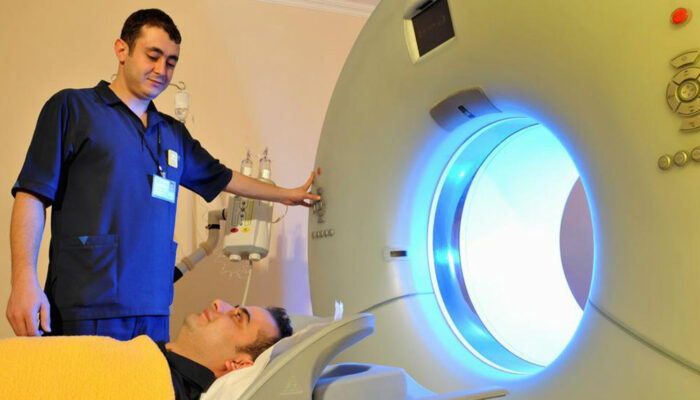
5 Signs Of Low Potassium in the Body
Hypokalemia is a condition caused by low potassium levels in the body. There are many causes of low levels of potassium, including vomiting, diarrhea, overuse of laxatives, and other conditions like the chronic kidney. Potassium is an essential mineral in our bodies. It is responsible for maintaining the heart, nerve, and muscles normal activities. Additionally, optimal potassium levels ensure that our bones and digestive systems are always functional.
What are the top warning signs of low potassium?
1. Weakness or fatigue
Body weakness is often the initial sign of low potassium. Do you find yourself feeling tired at all times? This condition is known as fatigue. Relapsing exhaustion makes individuals less productive in their daily routines. Also, you may find yourself unable to sleep or even weary after sleeping. Fatigue can be mild or even chronic. How do low levels of potassium contribute to weakness and fatigue? Potassium minerals are responsible for muscle movements. When the levels are small, your muscles may fail to contract as required, leading to fatigue.
There are appropriate ways in which your body uses present minerals in your body. When potassium minerals are low, the precise mechanism of nutrients usage is affected, resulting in fatigue.
2. Muscle cramps or twitching
When you experience sudden involuntary movements of muscles or muscle cramps, it can result from low levels of potassium in your body. These muscle movements are uncontrolled, like eyelids twitching. If these twitches are not managed, they may lead to other rare conditions like having dry eyes. Here are some contributions of low potassium levels to muscle twitching or myoclonic jerks: Right potassium levels in our bodies assist in relaying signals for healthy muscle contractions from the brain. When we lack adequate potassium minerals, the correct signal transmitting process may be hindered, causing twitches.
3. Constipation
Constipation is a condition where your body finds it hard for bowel movements. You can tell if you are suffering from this condition, especially when you experience hard stool or even a small stool that is not often. Additionally, bloating your belly may be a sign of constipation. But how does low potassium levels get involved in constipation? Low potassium levels inhibit the proper signal to be stimulated that is responsible for regular contractions in the digestive system resulting in difficulties of bowel movements.
4. Arrhythmia
Arrhythmia is a condition where the heartbeats are uneven. This condition might be harmless or, at times, can be hazardous. You might fail to notice it because it can be silent. However, if you are keen, you might recognize it by symptoms such as palpitations and chest poundings.
Low potassium levels can affect heart cells leading to arrhythmia.
5. Muscle Stiffness
You may experience muscle breakdown, which may be fast. At times, your muscles may ache, and it can be a result of deficient levels of potassium. Potassium minerals are significantly involved in enhancing blood flow. Low levels of potassium lead to contraction of blood vessels, which can cause other severe conditions like rupturing of those blood vessels.
Low potassium levels can cause serious health issues. Luckily, you can maintain the needed levels by consuming whole plant foods that are rich in potassium. If you find yourself experiencing severe signs, you should seek medical attention.



